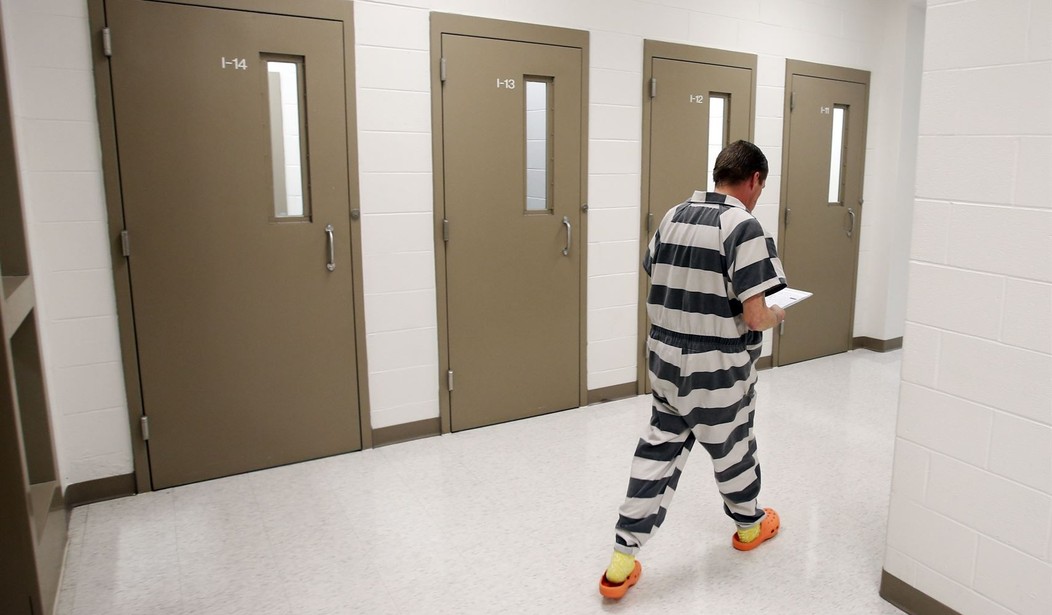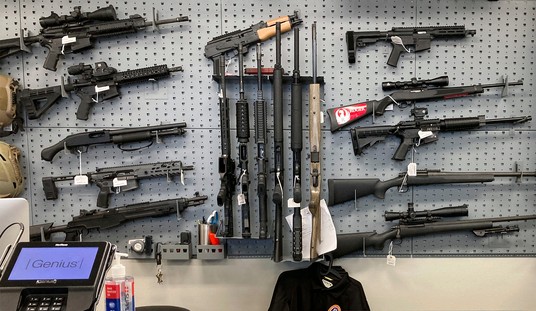The age of minority versus the age of majority is a slippery and sliding scale. The gun rights battlefront has been waging war on laws affecting those between the ages of 18 and 21, and has been seeking to overturn restrictions on a population the United States considers adults. The age of majority being 18 was at the conveyance of the U.S. government when it came to a draft to go to war, with the change going from 21 to 18. And when it suited the legislature, they made it so the voting age was changed from 21 to 18. The high court of Massachusetts recently ruled on the constitutionality of no possibility of parole for those under 21 and it’s a quagmire.
Massachusetts’ highest court ruled Thursday that it is unconstitutional to sentence anyone under age 21 to life in prison without the possibility of parole, extending a protection that previously applied only to juvenile offenders.
“Advancements in scientific research have confirmed what many know well through experience: the brains of emerging adults are not fully mature. Specifically, the scientific record strongly supports the contention that emerging adults have the same core neurological characteristics as juveniles have,” Supreme Judicial Court Chief Justice Kimberly Budd wrote in the court’s decision in the case of Commonwealth v. Sheldon Mattis.
Mattis was convicted of murder in the first degree and other charges for a killing that occurred in 2011 when he was 18 years old. He argued on appeal that he should be afforded the same chance at parole as offenders age 17 or younger.
The SJC ruled in 2013 that it was unconstitutional to sentence minors to life in prison without parole.
In a decision containing repeated citations to neuroscience and developmental psychology — as well as “precedent and contemporary standards of decency” — the SJC’s justices voted 4-3 to extend the same protection to offenders from age 18 through 20.
Is this part of a bigger plan with progressive policies to cast young adults as not adults in certain circumstances? The decision seems to be contrary to the push to lower the voting age to 16, but if we look at this from an eligibility stand point, we can see clear as day the implications when it comes to the Second Amendment.
The age of majority, as noted earlier, has fluxed over the years as the lawmakers and executives saw fit. This seems to be no different. I get it, the judicial system is supposed to be blind to these political concepts – eye roll – but it’s not exactly like the Bay State has a great track record with how they handle people who are different. Plenty of witches hung from ropes when Massachusetts residents wanted things a certain way.
Looking at the bigger implications of this, the crux of why this is not really a good thing was best summed up in questioning the attorney representing Sheldon Mattis.
“We are the first and only in the country to say that people under 21 cannot be sentenced to life without parole must always have an opportunity to show they’ve been rehabilitated,” said Ruth Greenberg, one of the attorneys who argued the case.
“What do you say to family members whose loved ones have been murdered by somebody who was in that age group, 18 to 21, and might be angry with this decision?” 5 Investigates’ Brittany Johnson asked.
“It’s very hard to be a family member of a person who was murdered. Of course, it’s hard, it’s unbearable,” Greenberg replied. “The state doesn’t exact vengeance. The state does justice. And that’s what we’re seeing here now.”
The so-called “justice” that we’re supposed to be observing would allow monsters to be reintegrated into society. Personally, and while I’m rather libertarian, that does not mean I have to subscribe to all the precepts of the “party,” the conversation should be about seeing capital punishment come back into being en vogue, not about giving some of these irreversibly damaged humans a chance to return to society.
A friend and colleague so astutely pointed out to me that the murderers who perpetrated the Sandy Hook Shooting, the Parkland Shooting, and the Columbine Shooting would all be able to be repatriated with their freedom under this kind of a ruling. What about Dzhokhar Tsarnaev? Tsarnaev was convicted in the 2013 Boston Marathon bombing and sentenced to death in a Federal court which was upheld by the U.S. Supreme Court…he was 19 at the time of his crimes. What would the Ma. Supreme Court say about that?
Where are the blood dancers on this topic? Groups such as Moms Demand Action and Everytown should be lobbying to high heaven to see that the ruling gets appealed to a higher court. They should be filing amicus briefs, no?
We live in a society where reform and rehabilitation should be possible. And it is possible. But unfortunately there are some folks that will go a step too far by committing heinous crimes. No matter the age, there are criminals who have no business having freedom after committing certain crimes and sloppy judicial decisions like this one sends the wrong message. Then of course these are the bleeding hearts who would say in the same breath that these “non-adults” of that age group also shouldn’t be allowed to possess firearms. I think there’s an agenda.








Join the conversation as a VIP Member